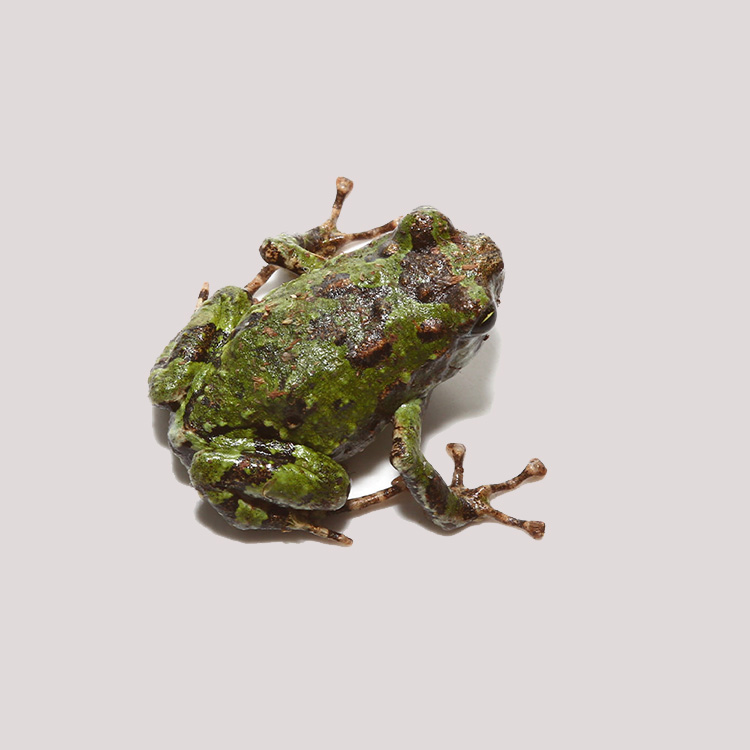Uncover Rare Rain Frog for Sale: Elevate Your Amphibian Collection Today!
Uncover Rare Rain Frog for Sale: Elevate Your Amphibian Collection Today!
Blog Article
Common Wellness Issues in Reptiles: Signs And Symptoms and Solutions
In the elaborate world of reptile treatment, understanding the typical wellness issues that might impact these unique animals is critical in ensuring their wellness. Whether it's grappling with parasitical infestations, browsing dehydration concerns, or resolving skin conditions that show up in subtle means, being attuned to the symptoms and equipped with the understanding of efficient solutions is important for any kind of reptile owner.
Breathing Infections
Respiratory infections in reptiles can substantially impact their overall health and wellness and call for prompt attention from skilled vets. These infections are commonly brought on by infections, fungi, or germs and can manifest with signs and symptoms such as hissing, nasal discharge, open-mouth breathing, and sleepiness. In reptiles, respiratory system infections can be specifically testing to detect and deal with as a result of their one-of-a-kind makeup and physiology. Veterinarians commonly count on a combination of checkups, diagnostic imaging, and laboratory tests to properly identify the underlying source of the infection.
Treatment for breathing infections in reptiles normally includes a combination of supportive treatment, such as preserving appropriate humidity degrees and temperature slopes in the room, as well as targeted medication to resolve the certain pathogen in charge of the infection. It is vital for reptile owners to check their family pets closely for any kind of signs of respiratory distress and look for veterinary care at the earliest indication of an issue. With prompt intervention and proper treatment, several reptiles can recover fully from respiratory system infections and resume regular tasks.

Metabolic Bone Condition
What variables add to the advancement of Metabolic Bone Condition in reptiles?
Metabolic Bone Disease (MBD) in reptiles is largely brought on by a lack of correct calcium, phosphorus, and vitamin D3 levels in their diet. When reptiles do not receive sufficient calcium, either via their food or appropriate UVB direct exposure for vitamin D3 synthesis, they go to a high risk of establishing MBD. Reptiles with diet regimens reduced in calcium or unbalanced calcium to phosphorus ratios are specifically at risk. Additionally, inadequate direct exposure to UVB light protects against reptiles from manufacturing vitamin D3, which is essential for calcium absorption and bone wellness.
Insufficient moisture levels can additionally affect a reptile's capability to metabolize calcium successfully. Regular vet check-ups, proper husbandry techniques, and a balanced diet regimen are necessary to stop Metabolic Bone Disease in reptiles.
Parasitical Infestations
Parasitical invasions pose a substantial health threat to reptiles, affecting their general well-being and needing punctual veterinary interest. Reptiles can be affected by various parasites, consisting of termites, ticks, interior worms, and protozoa. These parasites can trigger a range of signs, such as weight reduction, sleepiness, skin irritability, diarrhea, and also death if left untreated.
One typical bloodsucker discovered in reptiles is the mite, which can trigger skin anemia, stress and anxiety, and irritability. Ticks are an additional external parasite that can send diseases and trigger discomfort to the reptile. Internal parasites like worms and protozoa can result in gastrointestinal problems, poor nutrition, and deteriorate the reptile's body immune system.
To identify a parasitic invasion, a vet may carry out fecal tests, skin scrapings, or blood tests. Therapy usually includes deworming drugs, antiparasitic baths, or in severe cases, hospitalization. Preventative procedures such as normal vet examinations, appropriate hygiene, and quarantine procedures for new reptiles can help decrease the risk of parasitic problems and make certain the health of reptile pet dogs.
Dehydration and Hydration Issues
Dehydration in reptiles can considerably impact their wellness and health, requiring timely intervention and suitable hydration management. Reptiles are vulnerable to dehydration because of numerous variables such as poor water consumption, high environmental temperature levels, and specific health conditions. Signs and symptoms of dehydration in reptiles consist of sunken eyes, lethargy, loss of skin flexibility, and minimized peeing. If left neglected, dehydration can lead to significant health issues and also be fatal to the reptile.
To stop dehydration, reptile proprietors should ensure that their pet dogs have access to tidy water at all times. this hyperlink The water meal should be big sufficient for the reptile to saturate in if required, especially for varieties that soak up water with their skin. In addition, maintaining appropriate moisture degrees in the reptile's enclosure and supplying normal bathrooms can assist prevent dehydration.
In situations of dehydration, it is critical to seek veterinary treatment immediately. A veterinarian might carry out fluids either by mouth or via shots to rehydrate the reptile. It is important to resolve the underlying cause of dehydration to avoid reappearance and guarantee the reptile's general health.
Skin Ailments

Verdict

Breathing infections in reptiles can considerably affect their overall health and wellness and require punctual attention from experienced vets (rain frog for sale). Preventative measures such as routine vet examinations, proper health, and quarantine treatments for new reptiles can assist reduce the threat of parasitic problems and ensure the health of reptile animals
If left unattended, dehydration can lead to major health and wellness issues and also be fatal to the reptile.
Consistently evaluating your reptile for any type of changes in skin appearance, color, or appearance can aid in early discovery and therapy of skin ailments, promoting the general wellness and health of your scaly companion. - rain frog for sale
In conclusion, reptiles are susceptible to numerous health and wellness concerns such as respiratory infections, metabolic bone disease, parasitic infestations, dehydration, and skin ailments.
Report this page